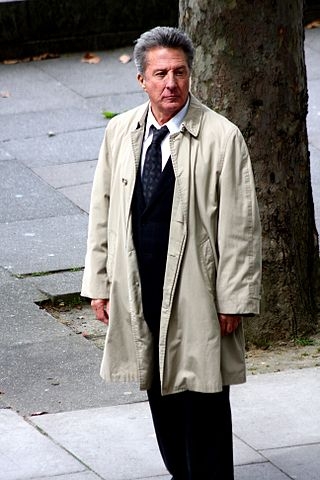
Academy Award winning actor Dustin Hoffman is not pleased about the cinematic quality of films nowadays, although he lauded how far television has come over the years.
In an interview with The Independent, the "Rain Man" actor said, "I think right now television is the best that it's ever been and I think that it's the worst that film has ever been - in the 50 years that I've been doing it, it's the worst."
He made this statement even after HBO TV cancelled the horse racing show called "Luck." Hoffman and the rest of the cast and crew were already shooting its second season when the show was suddenly cancelled because PETA cried foul over the deaths of horses on set.
At the same time, Hoffman said that technology has helped studios and producers film things in just a matter of days, as compared to before when they had to work for at least a hundred days just to successfully finish a scene. Even though the work is easier, said Hoffman, that does not make the scene any better.
"We did 'The Graduate' and that film still sustains, it had a wonderful script that they spent three years on, and an exceptional director with an exceptional cast and crew, but it was a small movie, four walls and actors, that is all, and yet it was 100 days of shooting," he said.
Hollywood is a very competitive world, and one would assume that actors rip their fellow actors apart in the course of the competition. But Hoffman said that their world is not really like that.
"I just like actors and I like working with them," he admitted. "I have said it before that I just don't think the public realise how much we help each other. You say to other actors 'I just don't think I'm doing good work,' and the other actors say, 'when we were just running lines you were right on the button!' Then the director comes in and says 'We need more energy.' It's like in these prison movies, you have to talk out of the side of your mouth. We help each other because we are all in the same bind."
Hoffman's next film venture is called "The Choir," where he plays a musical director of an American boy choir boarding school. His character reluctantly takes on an orphan boy despite his instinct that the young man just does not have enough talent to make it as a musician.

















